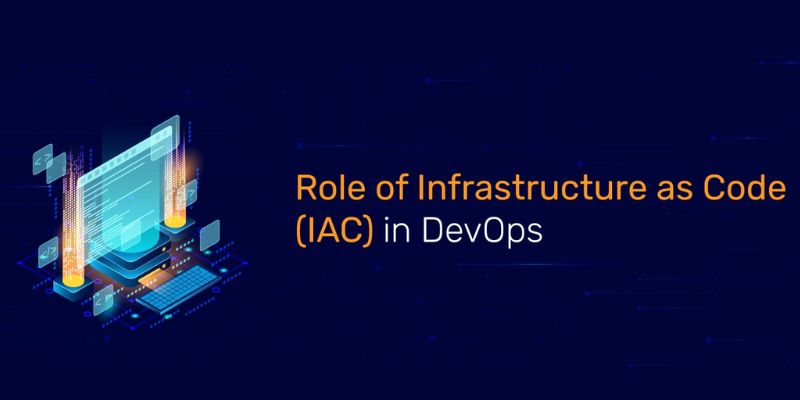In the world of DevOps, where agility, scalability, and automation reign supreme, Infrastructure as Code (IaC) has emerged as a fundamental principle. IaC revolutionizes the way infrastructure is managed, allowing teams to treat infrastructure provisioning, configuration, and management as code. This blog post delves into the Role of Infrastructure as Code in DevOps, exploring its benefits, best practices, and popular tools. Are you looking to advance your career in Devops? Get started today with the DevOps Training in Chennai from FITA Academy!
Understanding Infrastructure as Code (IaC)
Infrastructure as Code is a practice that enables the provisioning and management of infrastructure resources through machine-readable definition files, rather than manual processes or ad-hoc scripts. These definition files, often written in formats like YAML or JSON, describe the desired state of infrastructure components such as servers, networks, and storage. By codifying infrastructure configurations, IaC enables consistency, repeatability, and scalability in the deployment process.
Benefits of Infrastructure as Code
- Consistency: IaC ensures that infrastructure configurations remain consistent across development, testing, and production environments, reducing the risk of configuration drift and ensuring reproducible deployments.
- Automation: With IaC, infrastructure provisioning and management tasks can be automated, leading to faster deployment cycles and improved time-to-market.
- Scalability: By codifying infrastructure configurations, IaC enables teams to scale resources up or down dynamically in response to changing workload demands.
- Collaboration: IaC facilitates collaboration between development, operations, and other stakeholders by providing a single source of truth for infrastructure configurations.
- Version Control: Infrastructure code can be version-controlled using tools like Git, enabling teams to track changes, rollback to previous versions, and collaborate effectively.
Best Practices for Implementing Infrastructure as Code
- Modularity: Break down infrastructure configurations into reusable modules to promote maintainability and scalability.
- Testing: Implement automated testing for infrastructure code to validate configurations and catch errors early in the development process.
- Documentation: Maintain comprehensive documentation for infrastructure code, including usage instructions, dependencies, and design decisions.
- Security: Implement security best practices, such as least privilege access and encryption, in infrastructure code to mitigate risks.
- Review Process: Establish a review process for infrastructure code changes to ensure compliance with standards and best practices. Learn all the Devops techniques and become a devops developer. Enroll in our Devops Online Course.
Popular Tools for Infrastructure as Code
- Terraform: Terraform is a widely-used open-source tool for building, changing, and versioning infrastructure safely and efficiently.
- AWS CloudFormation: AWS CloudFormation provides a way to model and provision AWS resources using templates.
- Azure Resource Manager (ARM) Templates: ARM Templates enable the declarative definition of Azure infrastructure and application resources.
- Google Cloud Deployment Manager: Google Cloud Deployment Manager allows the creation and management of Google Cloud Platform resources through declarative templates.
- Ansible: Ansible is a powerful automation tool that can be used for infrastructure provisioning and configuration management.
Infrastructure as Code has become an indispensable practice in the DevOps toolkit, enabling teams to manage infrastructure resources programmatically with the same rigor and discipline applied to software development. By treating infrastructure as code, organizations can achieve greater consistency, automation, scalability, and collaboration in their deployment processes. Embracing Infrastructure as Code is not just a best practice; it’s a fundamental step towards achieving the agility and efficiency required to thrive in today’s fast-paced digital landscape. Looking for a career as a devops developer? Enroll in this Advanced Training Institute in Chennai and learn from experts about devops testing techniques and tools.



